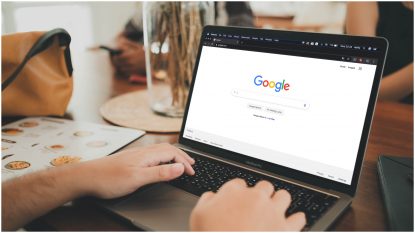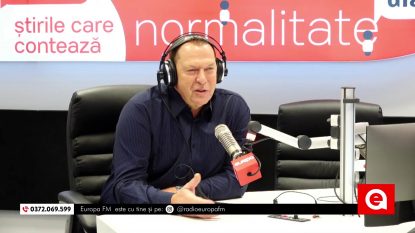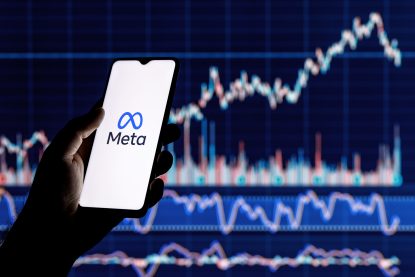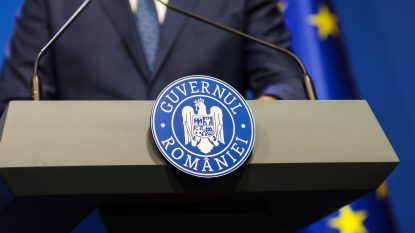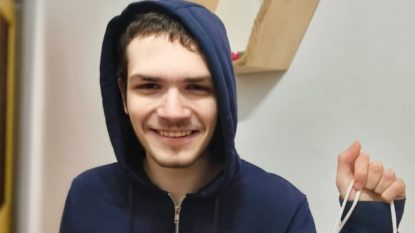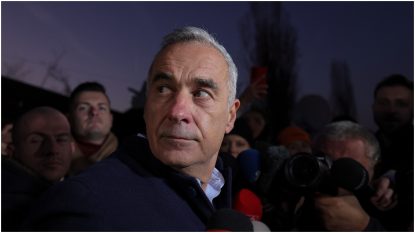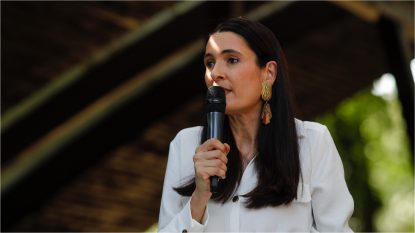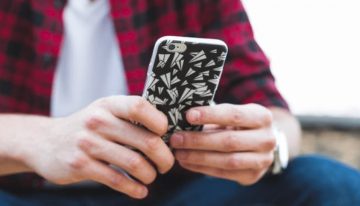
Apple şi Google, divizie a grupului Alphabet, au anunţat vineri că vor colabora pentru crearea unei tehnologii de urmărire a contactelor, cu rolul de a încetini răspândirea noului coronavirus.
Sistemul va permite catalogarea altor telefoane aflate în apropierea utilizatorilor, relatează Reuters.
Cei giganți din Silicon Valley produc cele mai utilizate sisteme de operare pentru telefoane, iOs și Android.
Tehnologia, la care se lucrează de două săptămâni și care ar urma să fie disponibilă de la jumătatea lunii mai, va permite dispozitivelor mobile să facă schimb de informaţii prin semnale unice de Bluetooth, pentru a alerta posesorii care s-au aflat în preajma unor persoane testate pozitiv cu noul coronavirus.
Răspunzându-le celor preocupați de respectarea intimității, cele două companii susțin că sistemul nu va urmări locul sau identitatea utilizatorilor, ci va culege date despre momentul în care telefoanele utilizatorilor s-au aflat aproape unele de altele, datele nefiind decriptate pe servere.
Mai mulţi experţi au spus că implicarea Apple şi Google va avea o mare contribuţie la eforturile autorităţilor sanitare, în condiţiile în care aplicaţii de urmărire a contactelor, precum cea oferită de Massachusetts Institute of Technology, nu sunt compatibile cu toate modelele de telefoane mobile.
__________
By Stephen Nellis and Paresh Dave
April 10 (Reuters) – Apple Inc and Alphabet Inc’s
Google said on Friday that they will work together to
create contact tracing technology that aims to slow the spread
of the coronavirus by allowing users to opt into logging other
phones they have been near.
The rare collaboration between the two Silicon Valley
companies, whose operating systems power 99% of the world’s
smartphones, could accelerate usage of apps that aim to get
potentially infected individuals into testing or quarantine more
quickly and reliably than existing systems in much of the world.
Such tracing will play a vital role in managing the virus once
lockdown orders end, health experts say.
The planned technology also throws the weight of the tech
leaders into a global conflict between privacy advocates who
favor a decentralized system to trace contacts and governments
in Europe and Asia pushing centralized approaches that have
technical weaknesses and potentially let governments know with
whom people associate.
“With Apple and Google, you get all the public health
functions you need with a decentralized and privacy-friendly
app,” said Michael Veale, University College London legal
lecturer involved in European contact tracing system DP3T.
Centralized solutions such as those proposed in Britain and
France would “no longer work” under the new technology, he said.
To be effective, the Silicon Valley system would require
millions of people to opt in the system, trusting the technology
companies’ safeguards, as well as smooth oversight by public
health systems.
The companies said they started developing the technology
two weeks ago to streamline technical differences between
Apple’s iPhones and Google’s Android that had stymied the
interoperation of some existing contact tracing apps.
Under the plan, users’ phones with the technology will emit
unique Bluetooth signals. Phones within about six feet can
record anonymous information about encounters.
People who test positive for the virus can opt to send an
encrypted list of phones they came near to Apple and Google,
which will trigger alerts to potentially exposed users to seek
more information. Public health authorities would need to sign
off that an individual has tested positive before they can send
on the data.
The logs will be scrambled to keep infected individuals’
data anonymous, even to Apple, Google and contact tracing app
makers, the companies said. Apple and Google said their contact
tracing system will not track GPS location.
“To their credit, Apple and Google have announced an
approach that appears to mitigate the worst privacy and
centralization risks,” said Jennifer Granick, surveillance and
cybersecurity counsel for the American Civil Liberties Union.
Apple and Google plan to release software tools in mid-May
to contact tracing apps that they and public health authorities
approve. Apps including Private Kit and CoEpi, which had
contacted Apple and Google for help a month ago, said the new
tools would enable them to drop potentially unreliable
workarounds.
Apps will be able to focus on developing a simple interface
for users and healthcare workers, with Apple and Google handling
Bluetooth and privacy issues, said Dana Lewis, a lead developer
of contact tracing app CoEpi.
However, Apple and Google plan to release software updates
in the coming months so that users do not need a separate app to
log nearby phones.
Google said the tools and updates would not be available
where its services are blocked, such as in China or on
unofficial Android devices. Apple will distribute the technology
as an update to its iPhone operating system.
A median of 76% of people in United States and other
advanced economies have smartphones, according to a Pew Research
Center study last year, compared with a median of 45% in
emerging economies.
Governments worldwide have been scrambling to adopt software
meant to improve the normally labor-intensive process of contact
tracing, in which health officials go to recent contacts of an
infected person and ask them to self-quarantine or get tested.
“It’s very interesting, but a lot of people worry about it
in terms of a person’s freedom. We’re going to take a look at
that, a very strong look at that,” U.S. President Donald Trump
said at a press briefing when asked about Apple and Google’s
efforts.
Health experts have credited extensive testing and contact
tracing with slowing the spread of the virus in nations such as
South Korea, but limited testing has held back contact tracing
in the United States.
For instance, New York City’s Department of Health and
Mental Hygiene told Reuters on Friday that tracing will not be
helpful until the virus is controlled, with apps potentially
proving expedient when someone has crossed paths with many
people.
“This isn’t a substitute for testing – you need to know who
has it – but it produces actionable results so people can act
responsibly, self-isolate and reduce anxiety in the community as
a whole,” said Al Gidari, a Stanford University law school
lecturer and previously long-time external counsel to Google.
(Reporting by Stephen Nellis and Paresh Dave in San Francisco
and Douglas Busvine in Berlin; Editing by Chizu Nomiyama and
Daniel Wallis)





